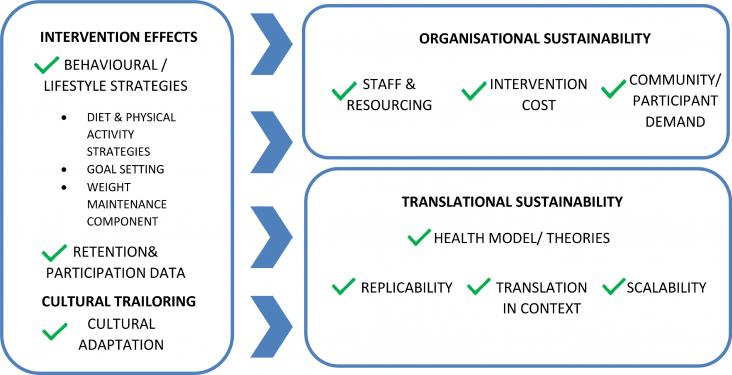Authors introduce a form of analysis that not only has a high accuracy in speech emotion recognition but is also accurate for depression recognition.
Understanding which cognitive domains have the potential to change with management of depression and anxiety symptoms (or vice versa) provides important clinical information for patients with systematic lupus and their doctors.

Sex-specific immune, endocrine, vascular and transcriptional-mediated changes can affect neurovascular integrity and possibly contribute to the pathogenesis of mental disorders. Better understanding of how these adaptations can contribute to mental health status is essential.
The research demonstrates clear links between stress at distinct phases of the lifespan, changes in measures of brain microstructure, impairments in cognitive abilities and negative mental health outcomes.
The review provides an overview of the findings of genome-wide association studies for PTSD, depression and ANX - a clear genetic overlap is observed between these three diagnostic categories.
The research suggests that even though Street View and remotely sensed measures capture different aspects of greenness, these differences across exposure metrics did not translate into an association with mental health outcomes.
The findings suggest that providing characteristics of ‘nature’, ‘refuge’, and ‘prospect’ in urban green spaces (UGSs) may provide restorative effects and mental benefits to teenagers.
This Comment article supports SDGs 3, 6, and 10 by highlighting major disparities in the coverage and quality of water, sanitation, and hygiene (WASH) services for minority ethnic groups in Bangladesh.

An Article showing the beneficial impact of lifestyle interventions on weight loss and weight maintenance among the Pasifika community, in the context of SDG 3 and 10.
This Article supports SDG 3 by analysing two vaccination strategies for hepatitis A outbreaks in men who have sex with men: pre-emptive (before an outbreak occurs) and reactive (once an outbreak has started). The study shows that both strategies can be cost-saving, but pre-emptive vaccination can save more money, suggesting that a pre-emptive strategy should be the first choice, and reactive used if the pre-emptive vaccination fails to prevent the outbreak.
